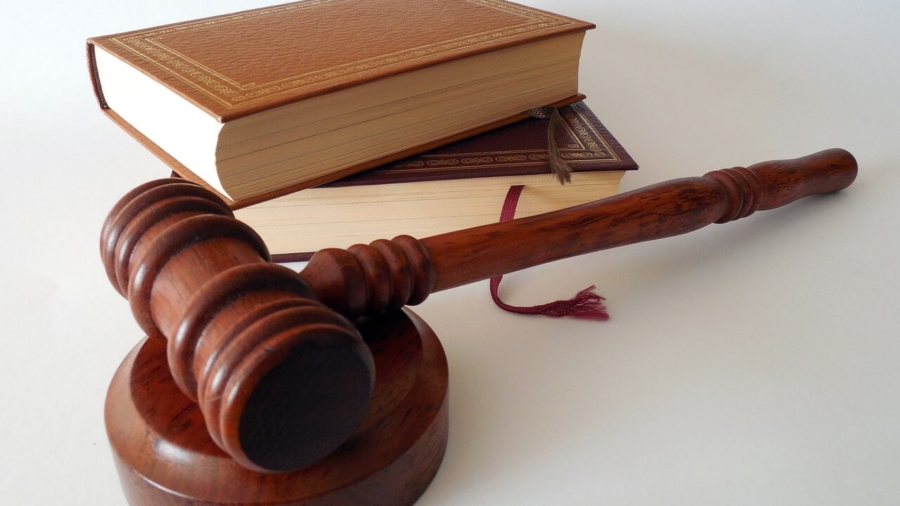Litigation, which refers to the process of resolving disputes within the American judicial system, is a word you have heard numerous times throughout your lifetime. It is a general term that refers to any type of legal dispute, including one that covers a case involving business and commercial law. The steps that unfold during the litigation process are different, depending on the type of law and case.
For example, many people assume litigation is the same as filing a lawsuit. However, filing a lawsuit represents just one type of litigation. In fact, most litigation never sees the light inside a courtroom, as cases get resolved without having them reaching the trial phase of the litigation process.
What is the Litigation Process?
Although litigation differs among various types of law and cases, you can learn the answer to the question, “What is litigation?”, by understanding 5 general steps:
Investigation
Every litigation process starts when a client hires a business litigation lawyer to handle a dispute. Whether a vendor violated a contract or a general contractor missed several deadlines, the attorney reviews a client’s case to determine the best way to proceed. If an attorney accepts a client’s offer for representation, an investigation into the case immediately follows that uncovers the facts of the case.
The investigation conducted by a lawyer includes gathering and organizing evidence, as well as interviewing witnesses that provide legal support for the client. After completing an investigation, the attorney decides whether to send a demand letter to the other party.
Demand Letter
A demand letter includes the result of the investigation conducted by the client’s attorney, starting with the time and date of the incident that has led to litigation. The client’s lawyer provides a detailed account of the events that have motivated the client to take legal action, as well as the value of compensation sought by the client. Typically sent by certified mail, a demand letter acts as the starting point for negotiating a settlement, as well as presents enough evidence to persuade the other party that the client would win the case if it went to the trial phase of the litigation process.
Discovery
The discovery phase of the litigation process takes place involving the participation of both parties. With discovery, the court requires both parties to meet and exchange information that is relevant to the case. Both attorneys share physical evidence and the statements provided by the witnesses they have interviewed. The goal of the discovery phase of the litigation process is to determine whether both parties can find enough common ground to warrant the start of negotiations.
Negotiations start with the plaintiff’s lawyer submitting an offer, which the defendant can either accept or reject. Several rounds of counter offers can follow until both parties reach a settlement agreement or decide to move on to the trial phase of the litigation process.
Pre-Trial
Pre-trial represents the phase of the litigation process in which both parties establish the facts surrounding the dispute in question. The judge hearing the case reviews the pre-trial motions to determine whether the facts warrant dismissing the case or if the case should move forward to the trial phase. Another option for the judge hearing a civil court dispute is to recommend both parties participate in an alternative dispute resolution process, such as arbitration or mediation.
Trial
Civil court trials revolve around the presentation of the facts both parties have collected surrounding the legal dispute. Either a judge or jury hears the presentation of the facts presented by both parties and then has to determine which of the presented facts represents the truth. Both parties have the right to call witnesses to testify, including experts in their fields that can clarify the relevance of the presented facts of the case. During a jury civil trial involving both a judge and jury, the judge’s role is to rule on matters of law that impact the decision-making process made by jurors.
Alves Radcliffe, LLP — Litigation Attorney
If you need assistance with business litigation, call Alves Radcliffe, LLP at 916-333-3375 or send us an email. We have over 25 years of combined experience, and serve clients throughout Greater Sacramento, Northern California, and the San Francisco Bay Area.


